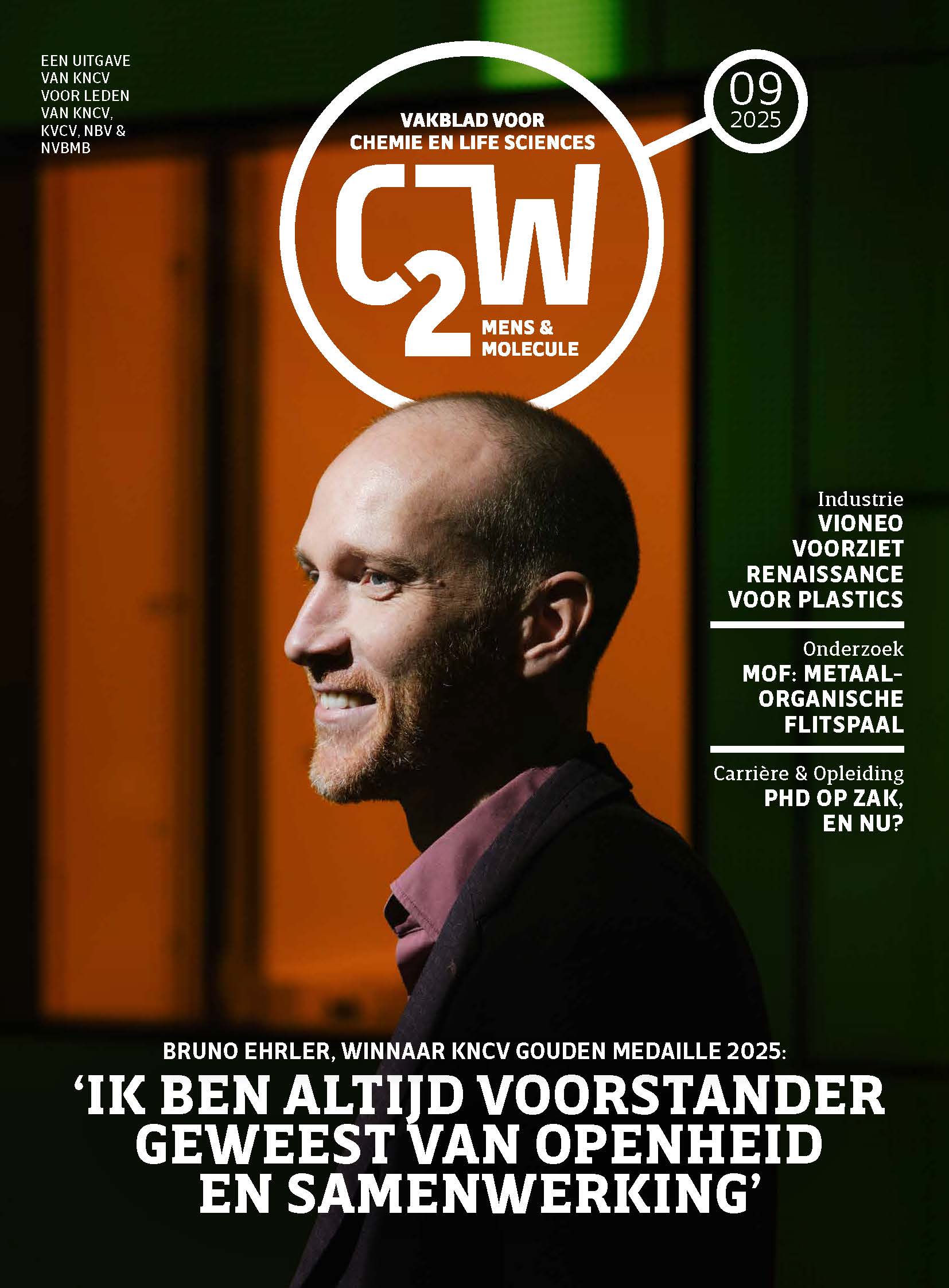Would you like to add an event to this list? Simply register your event using this form.
Biomolecules Covalently Anchored on Titanium using Electrophoretic Deposition

Category
Ph D Defense
Date
2022-12-06 10:00
Venue
KU Leuven, Arenbergkasteel, Aula Arenbergkasteel, 01.07 - Kasteelpark Arenberg 1
3001 Leuven, België
3001 Leuven, België
Promovendus/a: Merve Kübra Aktan
Promotor(en): Prof. dr. Annabel Braem
The most common reasons for bone implant failure are aseptic loosening or implant-associated infections. To effectively tackle the problem of painful and costly implant revision surgeries, there is an urgent need for the next generation of multi-functional implants that allow improving osseointegration while at the same time reducing bacterial contamination. Biofunctionalization of implant surfaces using biologically active molecules, such as antimicrobial proteins and enzymes, has been gaining interest since permanent tethering of antimicrobial agents reduces the toxicity risk and eliminates the unnecessary use of high doses. Yet, a biofunctionalization procedure, which allows the fast production of highly stable biomolecule coatings with controlled thickness while maintaining the bioactivity, is not straightforward. Immobilization is usually accomplished by chemical grafting, i.e. activation of the surface using coupling agents followed by immersion of the substrate in the biomolecule solution. However, reaching a biologically active threshold concentration is time consuming (several hours up to a day) as the immobilization rate depends on the passive diffusion of biomolecules to the surface. In this PhD research, electrophoretic deposition (EPD) is proposed as a fast grafting strategy to actively concentrate the biomolecules at the surface of titanium implant materials. EPD, as an established coating technique for inorganic biomaterials, is a colloidal processing route based on the electrophoresis of charged entities in suspension under the influence of an external electric field. This low-cost, low-temperature, high-purity process allows to coat complex shapes, such as implants, with a wide range of materials and coating thicknesses. To avoid electrolysis - and the associated gas bubble formation, pH shifts and heating - in aqueous systems, alternating current (AC) fields with an asymmetric wave shape can be used. However, it is important to avoid denaturation and conformational changes of the molecule (due to ohmic heating or pH shift, which can still be present to some extent) as this can lead to a loss of activity. This PhD project delivers a fast and reliable AC-EPD assisted processing route for the covalent immobilization of biomolecules on metallic surfaces resulting in longer-lasting non-releasing coatings with improved biological performance, thereby effectively reducing the incidence of implant failure.All Dates
- 2022-12-06 10:00
Powered by iCagenda

